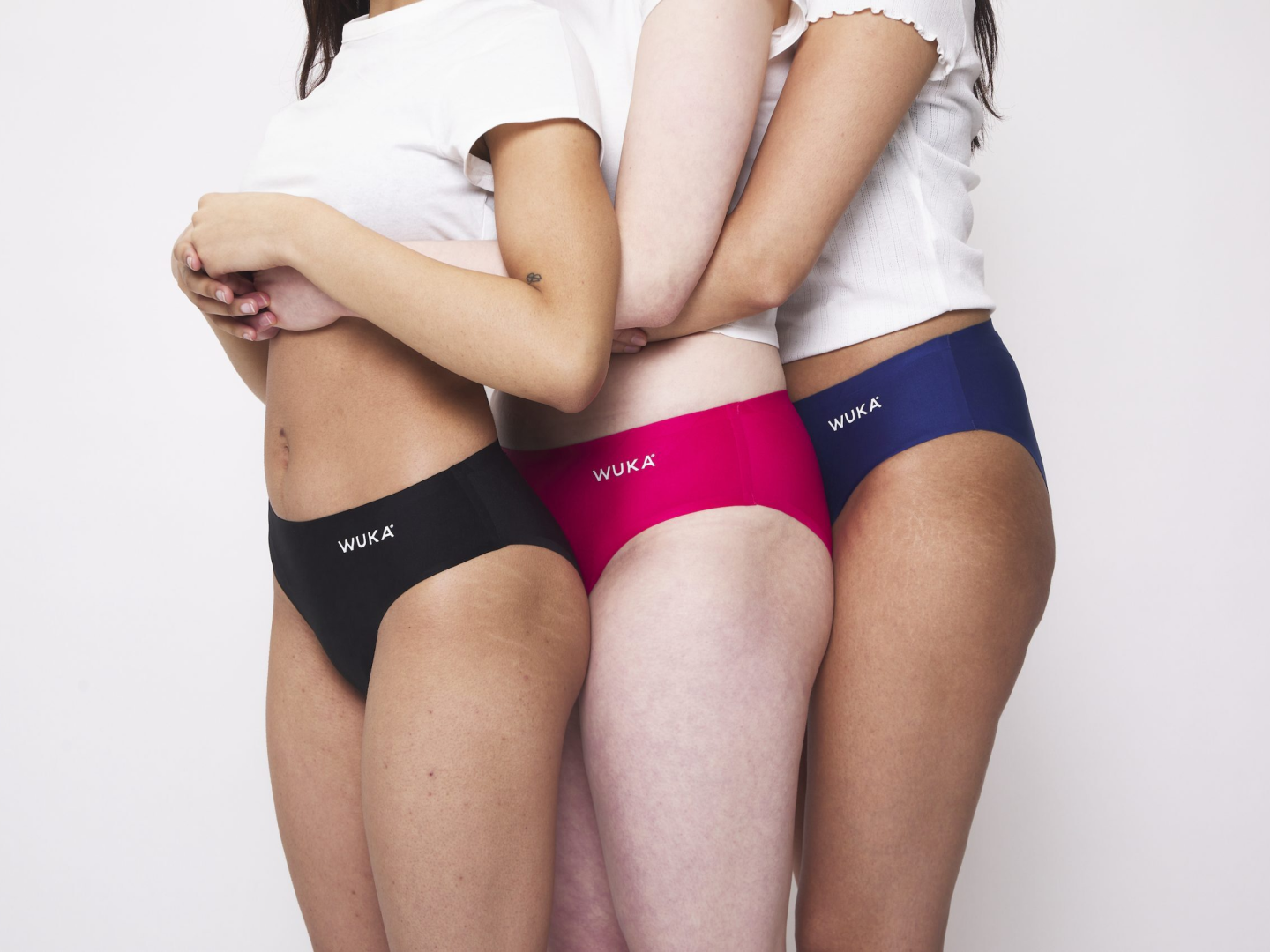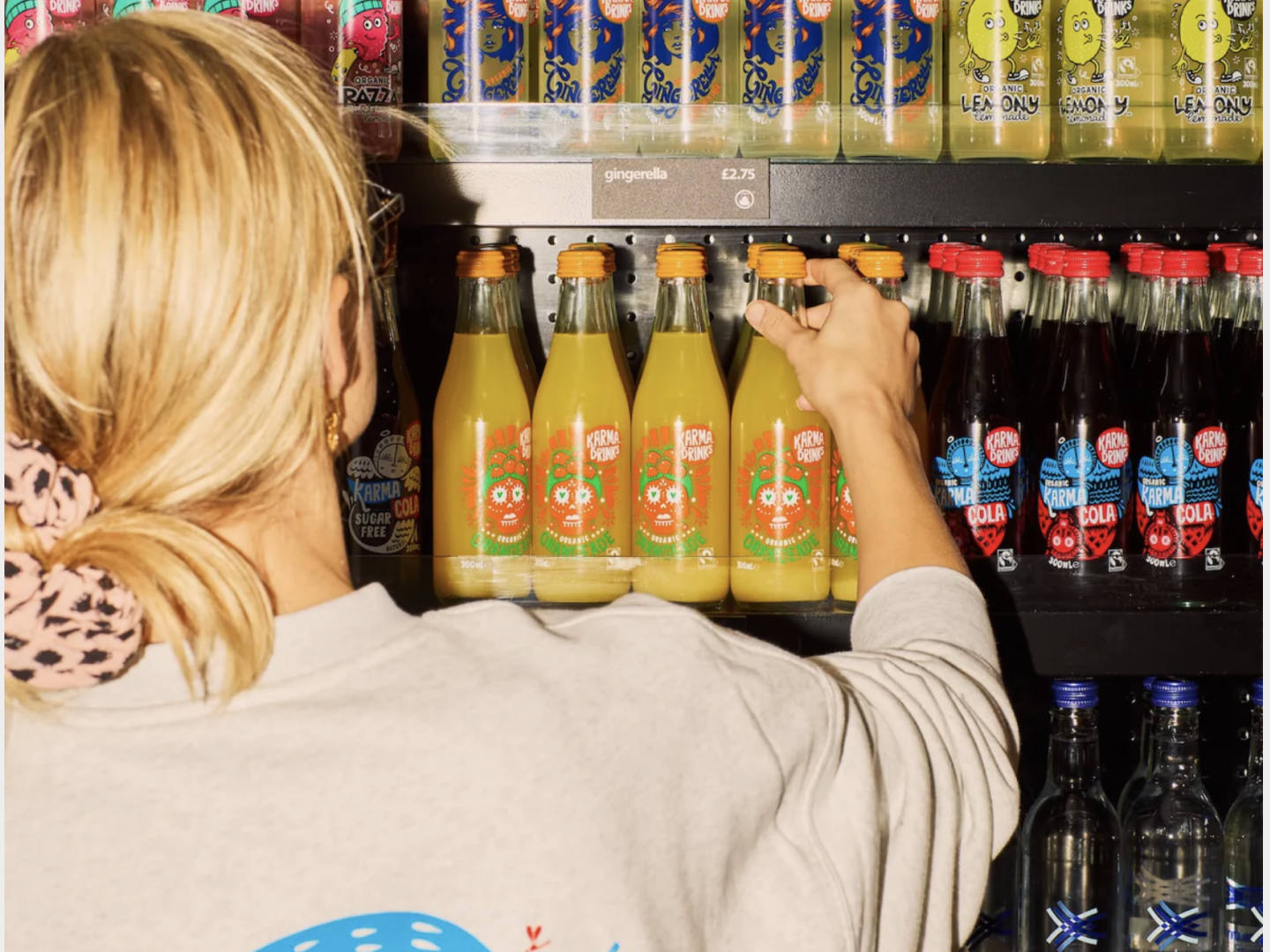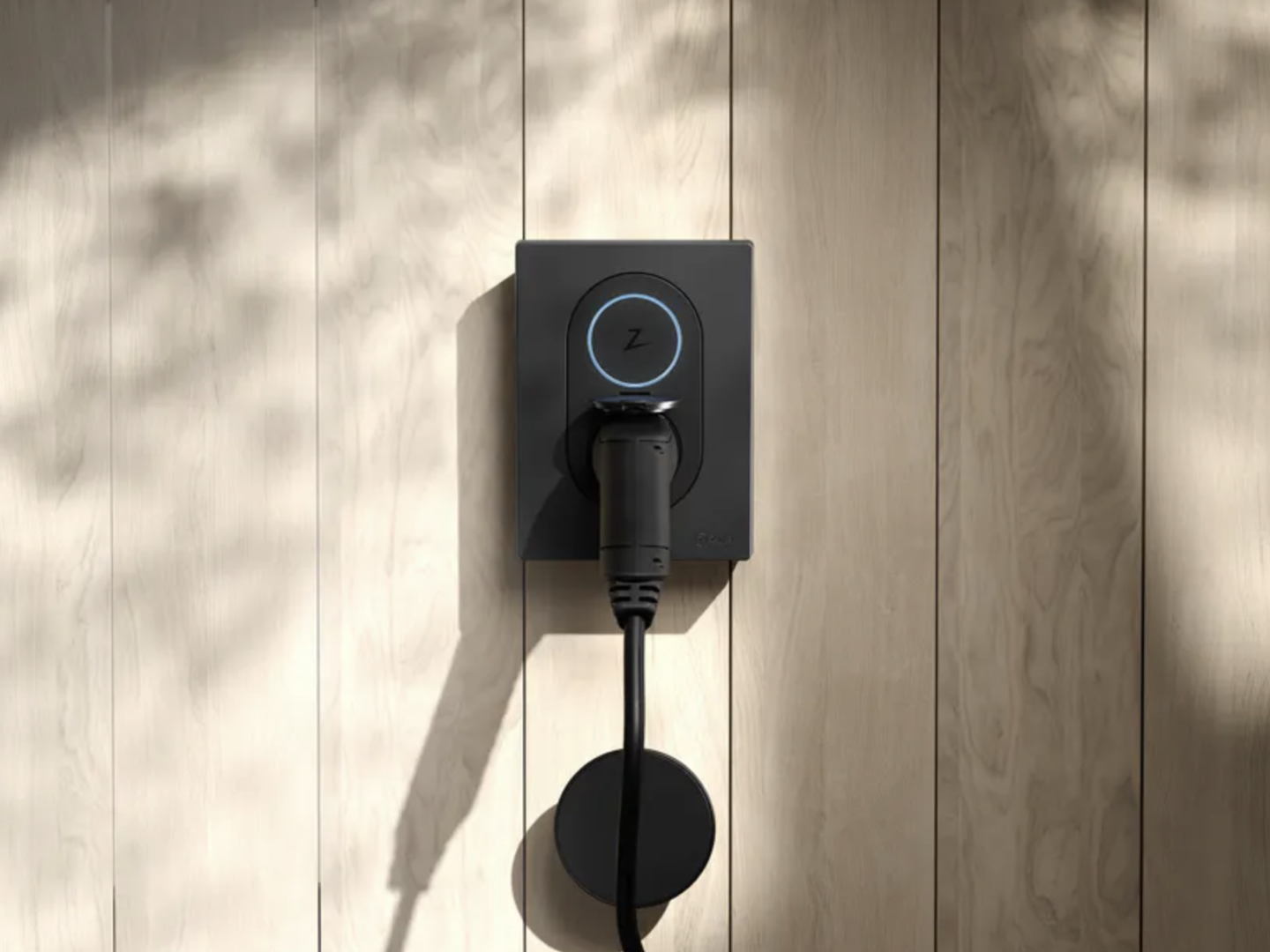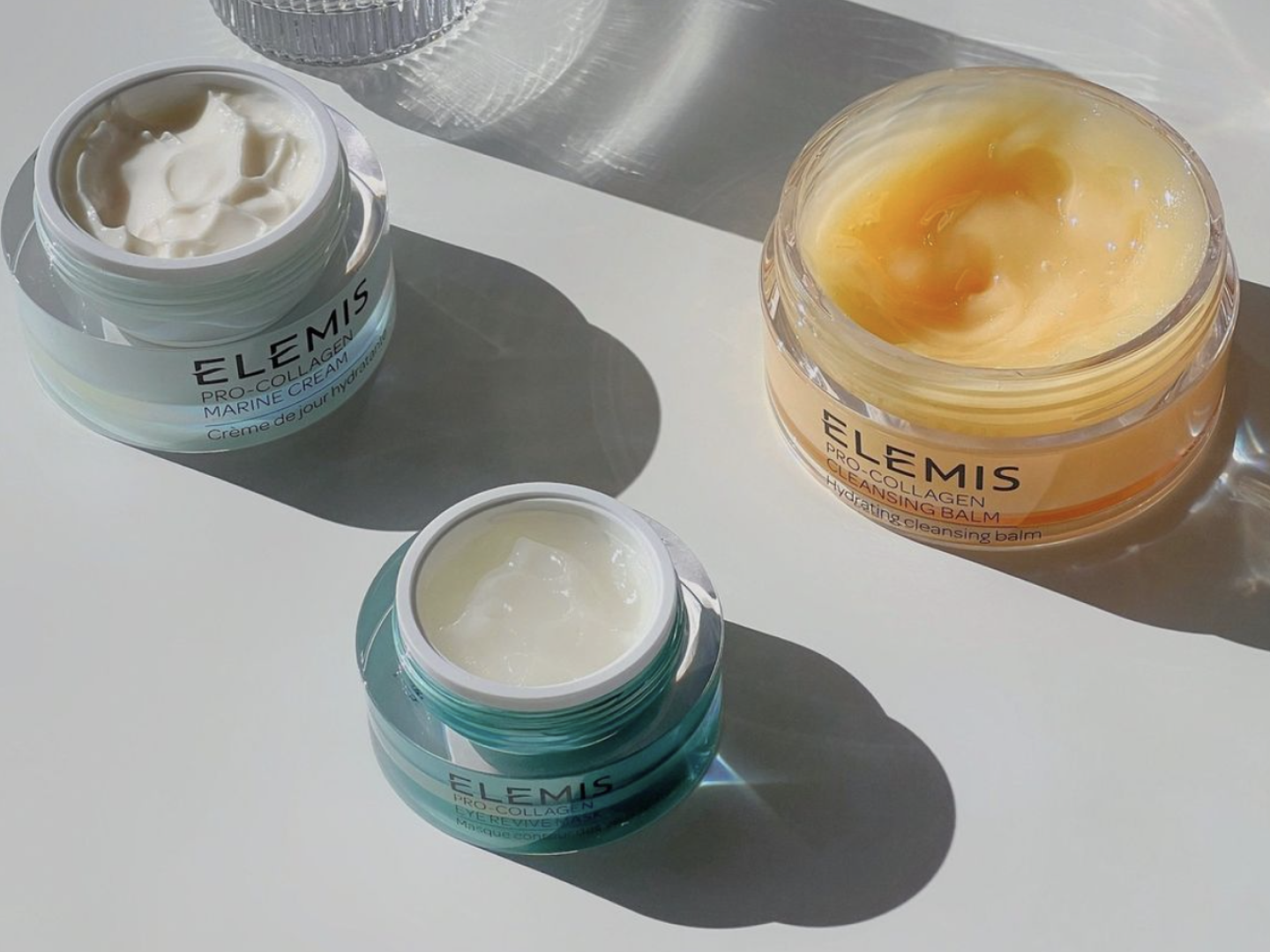
At London’s flagship sustainability event, Earthfest, exhibitors from around the world showcased a diverse range of disruptive players across multiple sectors, highlighting some of the most progressive, purposeful, and clean solutions.
If there is one thing to takeaway, sustainability isn't just about being responsible anymore; it's become simply cool to care, driving a seismic shift in consumer preferences and brand strategies. From healthcare, F&B to EV, we spotlight some of our favourite brands from the show, illustrating how they're embracing sustainability as both a moral imperative and a savvy business move.







